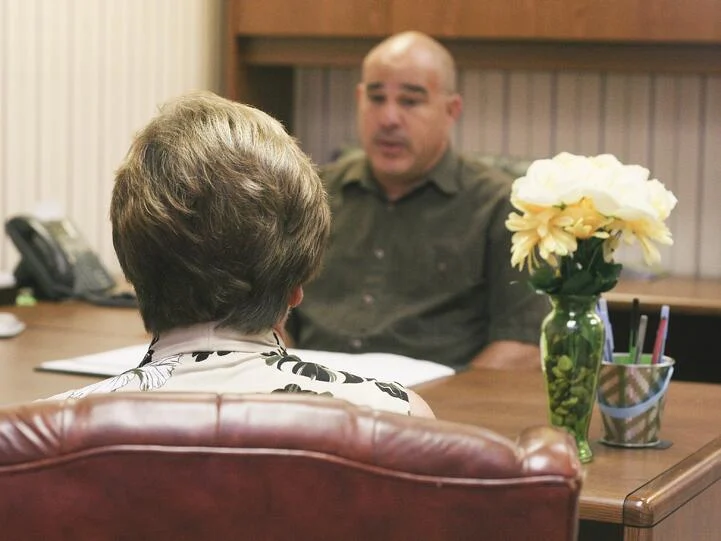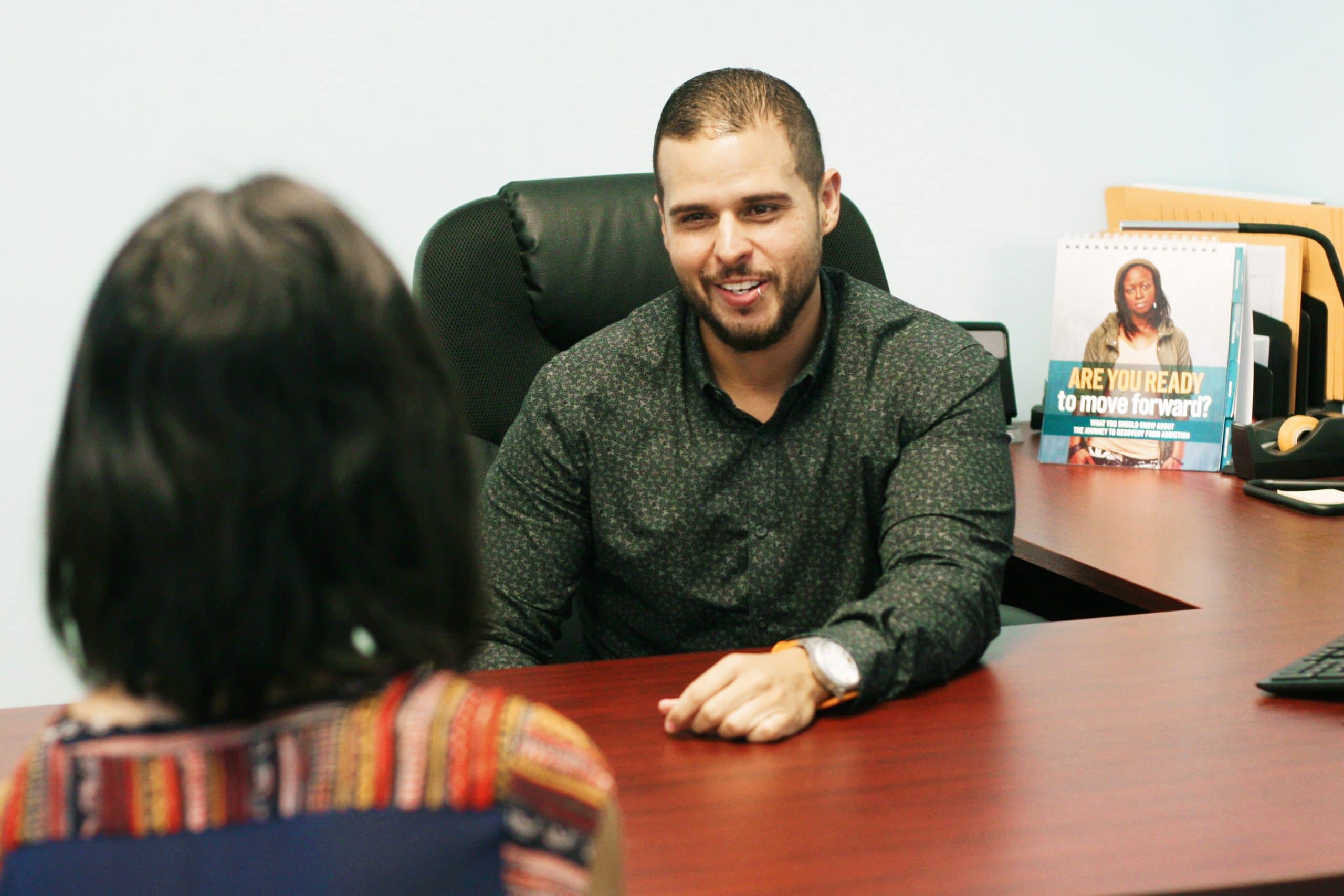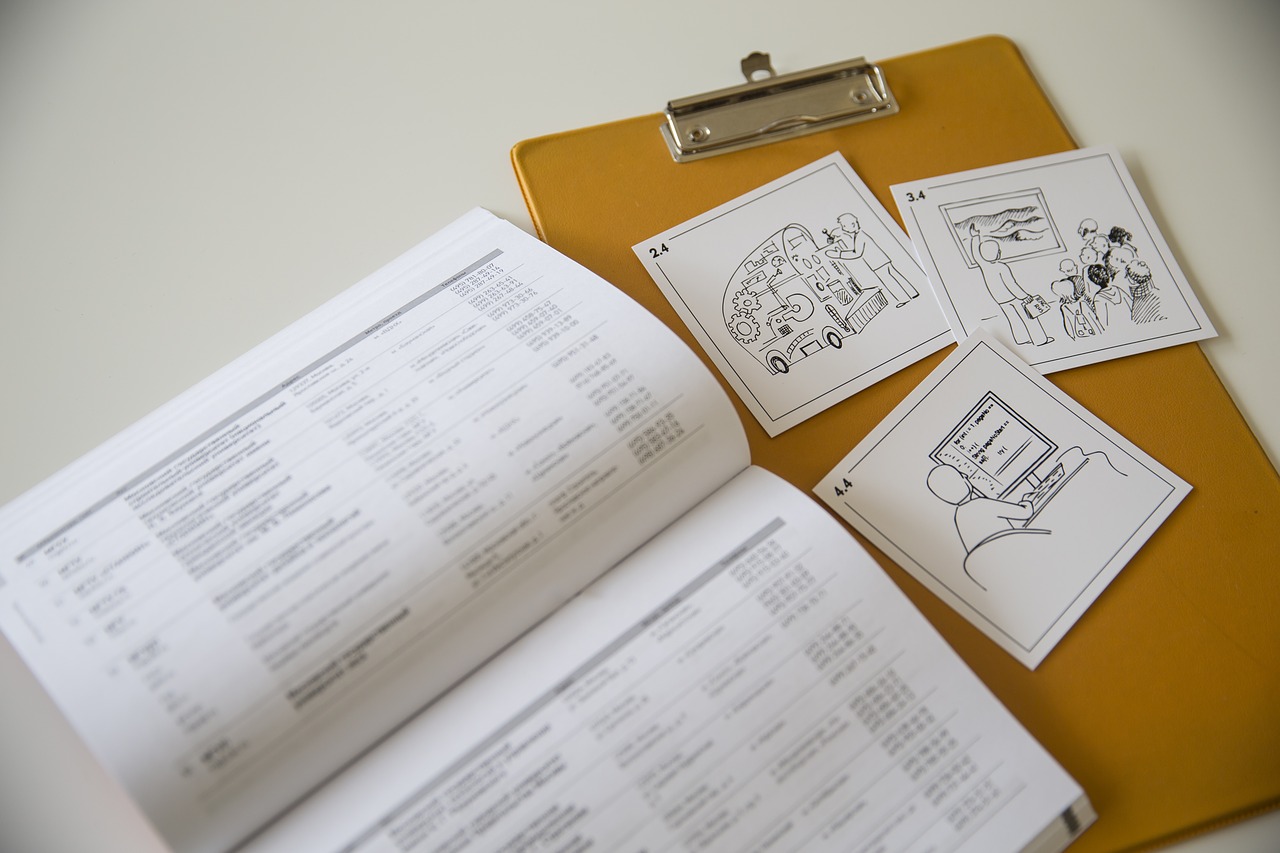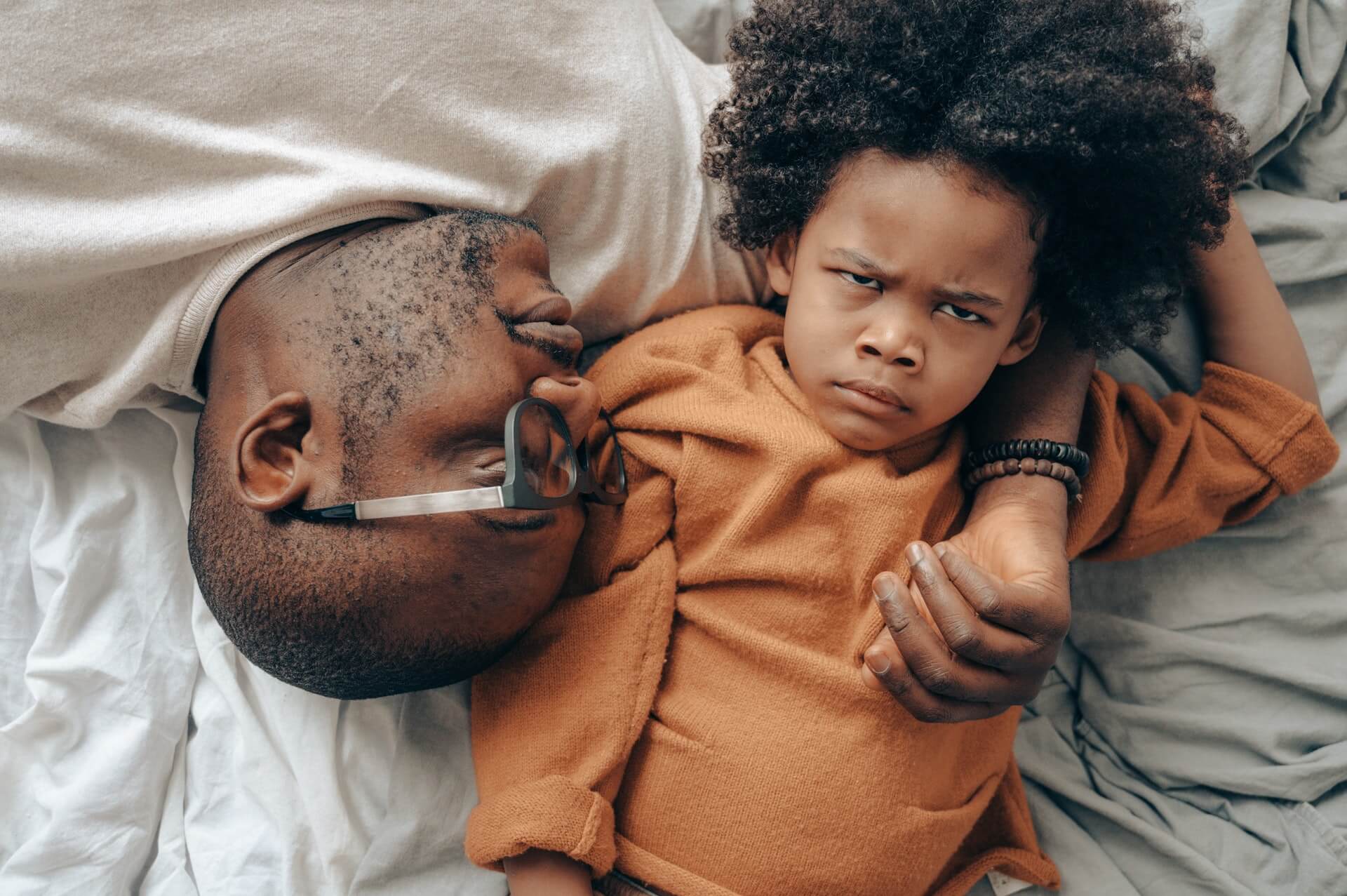SERVICES
Individual


Telehealth Appointment
Request a Telehealth Appointment.

Appointment
Request an Appointment.

Referral Form
Refer a client.

Contact Us
Contact us, and view all information about our locations.
Psychiatric Evaluations
When a psychiatric evaluation is needed and why?

PSYCHIATRIC EVALUATIONS
When a psychiatric evaluation is needed and why?
The path to mental health is different for everyone. You might begin treatment by speaking to a physician, psychologist, licensed mental health counselor, social worker, or a case manager. If you’re curious as to why you can’t see a psychiatrist immediately, you might find this blog helpful.
Based on a number of factors, a psychiatric evaluation can be requested. If you were referred for a psychiatric evaluation, or you have a loved one that was, then you probably have questions on what exactly a psychiatric evaluation is and what you can expect.
There are several types of psychiatric evaluations, including:
- General psychiatric evaluations
- Emergency psychiatric evaluations
- Clinical consultations
The purpose of psychiatric evaluations varies based on:
- Who requested the evaluation
- Why the evaluation was requested
- The role the psychiatrist will play in the patient’s care
Think of a psychiatric evaluation like any other medical test, where the goal is to assess the patient, properly diagnose their condition, and recommend a treatment plan. Read more about the different types of psychiatric evaluations below.
What is a general psychiatric evaluation?
During a general psychiatric evaluation, a psychiatrist, or another qualified medical professional, will interview you. The interview can vary in length depending on the complexity of the diagnosis and your situation, as well as your ability and willingness to work with the psychiatrist to come up with a treatment plan.
The psychiatrist might also review your medical history, physical examinations, past diagnostic tests, and any other relevant information from either the source that referred you for an evaluation or your general healthcare provider.
The goal of a general psychiatric evaluation is to establish whether a diagnosis is present that requires treatment, collect data in support of a diagnosis, create a treatment plan or assess the need for immediate intervention, and identify any longer-term issues that require follow-up care.


What is a general psychiatric evaluation?
During a general psychiatric evaluation, a psychiatrist, or another qualified medical professional, will interview you. The interview can vary in length depending on the complexity of the diagnosis and your situation, as well as your ability and willingness to work with the psychiatrist to come up with a treatment plan.
The psychiatrist might also review your medical history, physical examinations, past diagnostic tests, and any other relevant information from either the source that referred you for an evaluation or your general healthcare provider.
The goal of a general psychiatric evaluation is to establish whether a diagnosis is present that requires treatment, collect data in support of a diagnosis, create a treatment plan or assess the need for immediate intervention, and identify any longer-term issues that require follow-up care.

What is an emergency psychiatric evaluation?
An emergency psychiatric evaluation is typically required if a patient is in distress and in need of immediate medical attention. For example, if you have unwanted thoughts, feelings, or urges that are intolerable and interfere with your daily life, an emergency psychiatric evaluation may be necessary. Behavior like violence, self-harm, and threats of harm to yourself or others also warrants an emergency psychiatric evaluation. Furthermore, an emergency psychiatric evaluation may be recommended if you are exhibiting failure to care for yourself, bizarre or confused behavior, or intense expressions of distress.
The goal of emergency psychiatric evaluations is to assess and enhance your safety and the safety of others. A provisional diagnosis – that is, an initial diagnosis that could change at a later time in light of future data collected about your condition – may be used to explain what is causing your behavior. This could include an existing, known medical condition or apparent substance use.
The psychiatrist might speak with your family members or other persons in your life to establish an accurate medical and behavioral history for you, particularly if you are cognitively impaired, agitated, or psychotic at the time of the evaluation. If you have any existing treatment providers – for example, a physician – the psychiatrist may provide them with information from your evaluation to make sure they are aware of your care plan.
If there is a substantial risk of harm to yourself or others, involuntary treatment may be necessary for your health and safety. Your psychiatrist will then determine the need for future assessments and identify any precautions that are needed to reduce the risk of harm.
What is a clinical consultation?
This type of evaluation is typically requested by a third-party, like your healthcare provider, physician, family member, or others involved in your care. The goal is to diagnose, treat, or manage an existing or suspected mental disorder or behavioral problem.
This type of evaluation can vary in length depending on its purpose. For example, a brief evaluation might be conducted to determine what type of medication is best for a known diagnosis or medical condition. The psychiatrist might also determine whether you are capable of giving consent for treatment decisions, assess any particular signs or symptoms that are indicative of a mental disorder, provide a diagnosis, and recommend further evaluation or treatment. This information might be provided to the party that requested the evaluation.
Just like any other medical examination, psychiatric evaluations are used to create a comprehensive care plan to treat mental disorders and behavioral problems.


What is a clinical consultation?
This type of evaluation is typically requested by a third-party, like your healthcare provider, physician, family member, or others involved in your care. The goal is to diagnose, treat, or manage an existing or suspected mental disorder or behavioral problem.
This type of evaluation can vary in length depending on its purpose. For example, a brief evaluation might be conducted to determine what type of medication is best for a known diagnosis or medical condition. The psychiatrist might also determine whether you are capable of giving consent for treatment decisions, assess any particular signs or symptoms that are indicative of a mental disorder, provide a diagnosis, and recommend further evaluation or treatment. This information might be provided to the party that requested the evaluation.
Just like any other medical examination, psychiatric evaluations are used to create a comprehensive care plan to treat mental disorders and behavioral problems.
At Inspire Counseling Center, our highly qualified practitioners include a psychiatrist, a physician, a psychologist, licensed mental health counselors, and certified addiction professionals.
If you are looking for a psychiatrist in Osceola County or Orange County, we provide behavioral health services in Kissimmee, Longwood, and St. Cloud, Florida. We also have a counseling center in Chattanooga, Tennessee. If you are looking for a psychiatrist near you, contact Inspire Counseling Center.
Psychological Evaluations
What is a psychological evaluation?

PSYCHOLOGICAL EVALUATIONS
What is a psychological evaluation?
Psychological evaluations are used to assess and diagnose a person’s psychological strengths and limitations. The goal of the evaluation is to create a holistic view of a person’s mental health at the time of the assessment. The results help psychologists develop informed diagnoses and provide a guide for treatment for their patients and can provide patients a better understanding of themselves.
There are a few types of psychological evaluations that generally fall into four categories:
- Clinical interviews
- Personality assessments
- Behavioral assessments
- Assessments for intellectual functioning, or IQ tests
During a psychological evaluation, a psychologist will measure a patient’s performance based on a set of criteria that can vary depending on the type of assessment that is administered. An assessment cannot always predict a person’s potential or how their condition may change in the future. For this reason, psychologists performing an assessment are primarily concerned with what’s called “present functioning,” or how you perform at the time of the assessment.
You can learn more about each of the different types of psychological evaluations below.
What is a clinical interview?
Clinical interviews, also known as intake or diagnostic interviews, are conducted by psychologists or other mental health professionals to gather information about you. During a clinical interview, you might be asked questions about your medical history, family history, or about specific events in your life. While clinical interviews are mainly concerned with gathering information rather than forming a diagnosis, they can be used to form what is called an initial diagnostic impression which can help form a diagnosis later on.
Over the course of your treatment, you may participate in several clinical interviews, particularly whenever you see a new psychologist, psychiatrist, or doctor, as they will want to get to know you and form their own clinical impression of your condition.


What is a clinical interview?
Clinical interviews, also known as intake or diagnostic interviews, are conducted by psychologists or other mental health professionals to gather information about you. During a clinical interview, you might be asked questions about your medical history, family history, or about specific events in your life. While clinical interviews are mainly concerned with gathering information rather than forming a diagnosis, they can be used to form what is called an initial diagnostic impression which can help form a diagnosis later on.
Over the course of your treatment, you may participate in several clinical interviews, particularly whenever you see a new psychologist, psychiatrist, or doctor, as they will want to get to know you and form their own clinical impression of your condition.

What is a personality assessment?
Our personalities are formed by a combination of biological, social, and environmental influences that occur during childhood and young adulthood. Personality assessments were developed with this complexity in mind. There are two types of personality assessments: objective tests and projective tests.
An objective test is one where you are asked specific questions and are given specific answers from which to choose. A test which asks only yes-no questions is a type of objective test. Depending on the test, you could be asked how closely a statement reflects your own thoughts, and your answer could fall somewhere on a predetermined scale (e.g., closely describes me, or doesn’t describe me at all). This is also a type of objective test. Based on your answers, a psychologist can measure how likely you are to have a certain condition or personality trait.
Think of a projective test as one that asks an open-ended question, where you can answer in any way you like, rather than just yes or no. For example, a psychologist might show you a photo and ask you to describe what is happening in it. In a projective test, the psychologist will look at the content of your answers to find and better understand any patterns in the way you think.
A personality assessment can be used to further refine a clinical diagnosis. Using the information gathered from a personality assessment, a psychologist can work to create a specific treatment plan for you. In some cases, the results of a personality assessment can help make predictions about your future behavior more accurate.
What is a behavioral assessment?
Unlike a clinical interview or a personality assessment, a behavioral assessment involves the psychologist observing your behavior in a controlled setting. The assessment can occur in a variety of settings over a period of time. The goal of a behavioral assessment is to better understand what reinforces or triggers specific behaviors. In doing so, a psychologist can then help you to change negative behaviors while also helping you to develop more positive, healthy behaviors in their place.
A behavioral assessment might also include self-monitoring. A mood journal, where you record your mood and/or thoughts over a period of time, is a type of self-monitoring. Questionnaires, psychophysiological measurements, and rating scales are just a few of the different tools a psychologist might use during a behavioral assessment.
What is an assessment of intellectual functioning?
The fourth type of assessment measures a person’s intellectual functioning and cognitive ability. Assessments of intellectual functioning can range from measuring a person’s intelligence (IQ tests) to measuring their ability to learn. Neurophysiological assessments measure not only intellectual functioning but also cognitive strengths and deficits. They are commonly used when working with a patient who has had brain damage, dysfunction, or hemorrhage.
There’s no need to feel intimidated by a psychological evaluation, as there are no right or wrong answers. As with any medical assessment, it’s important to be honest with your doctor so that they are able to arrive at a correct diagnosis, including a treatment plan when one is needed.


What is a behavioral assessment?
Unlike a clinical interview or a personality assessment, a behavioral assessment involves the psychologist observing your behavior in a controlled setting. The assessment can occur in a variety of settings over a period of time. The goal of a behavioral assessment is to better understand what reinforces or triggers specific behaviors. In doing so, a psychologist can then help you to change negative behaviors while also helping you to develop more positive, healthy behaviors in their place.
A behavioral assessment might also include self-monitoring. A mood journal, where you record your mood and/or thoughts over a period of time, is a type of self-monitoring. Questionnaires, psychophysiological measurements, and rating scales are just a few of the different tools a psychologist might use during a behavioral assessment.
What is an assessment of intellectual functioning?
The fourth type of assessment measures a person’s intellectual functioning and cognitive ability. Assessments of intellectual functioning can range from measuring a person’s intelligence (IQ tests) to measuring their ability to learn. Neurophysiological assessments measure not only intellectual functioning but also cognitive strengths and deficits. They are commonly used when working with a patient who has had brain damage, dysfunction, or hemorrhage.
There’s no need to feel intimidated by a psychological evaluation, as there are no right or wrong answers. As with any medical assessment, it’s important to be honest with your doctor so that they are able to arrive at a correct diagnosis, including a treatment plan when one is needed.
Trying to find a psychologist near you? We provide psychiatric and psychological evaluations at each of our Inspire Counseling Center locations.
Our caring team of mental health professionals provides behavioral health services and substance abuse treatment. We specialize in individual, family, couples, group, and child therapy. We can help you transform your life.
Cognitive Behavioral Therapy
How cognitive behavioral therapy (CBT) treats depression

COGNITIVE BEHAVIORAL THERAPY
How cognitive behavioral therapy (CBT) treats depression
Cognitive behavioral therapy (CBT) is a type of psychotherapy used to treat mental health disorders like depression. It can also be used to treat anxiety, PTSD and borderline personality disorder. CBT works by identifying and modifying the negative thoughts or behaviors that cause or worsen a person’s symptoms. In this blog, we’ll discuss how CBT is used to treat depression.
How does cognitive behavioral therapy work?
The primary goal of CBT is to change a person’s ways of thinking, or thought patterns, and to modify the behaviors that could be making depression symptoms worse. CBT does this by teaching you how to:
- Identify thought distortions
- Analyze your thoughts and thought distortions realistically
- Understand your behavior and motivations
- Use coping skills in difficult situations
- Calm your mind and relax your body
- Problem solve
- Face your fears, rather than avoid them
- Role play to prepare for stressful interactions with others
Over time, CBT can boost your confidence in your ability to cope and make symptoms of depression more manageable.
Is cognitive behavioral therapy effective?
Studies show that cognitive behavioral therapy works. CBT is an effective treatment for depression, and when paired with medication, CBT can work to help people better manage their symptoms. Every case is different, and what works for one person may not work for someone else. If you are experiencing symptoms of depression, ask your doctor if CBT is right for you.


Is cognitive behavioral therapy effective?
Studies show that cognitive behavioral therapy works. CBT is an effective treatment for depression, and when paired with medication, CBT can work to help people better manage their symptoms. Every case is different, and what works for one person may not work for someone else. If you are experiencing symptoms of depression, ask your doctor if CBT is right for you.
Depression treatment with cognitive behavioral therapy
You can find treatment for depression using cognitive behavioral therapy at our counseling centers. If you think you are struggling with depression, the first step is to understand your symptoms. Our free, one-minute depression assessment can help.
Depression is treatable. Find a counseling center near you to get started.
Anger Management
Our anger management program utilizes SAHMSA’s Anger Management manualized protocol.

TREATMENT
Anger Management
Our anger management program utilizes SAHMSA’s Anger Management manualized protocol. We rely on a combination of this evidence-based manualized treatment as well as an individualized approach tailored to each client’s unique needs and circumstances.
Coping Skills
Children are often emotional and unpredictable. Sometimes, when children are confronted with new challenges or unfamiliar feelings, they may have difficulty coping with their emotions. Teaching coping skills to your children can go a long way in helping them overcome negative feelings. Use these coping skills when your child is feeling anxious or upset.

COPING SKILLS
5 coping skills to teach your children
Label Feelings
It’s normal for young children to feel frustration or anxiety over situations or emotions that are new to them. If your child is having a meltdown or a tantrum, helping them identify their emotions with words is a helpful coping skill. When you help them put a name to their emotion – like sad, angry, anxious, or frustrated – it helps them put their feelings into perspective.
This doesn’t just apply to negative feelings. When your child is laughing or having fun, say things like, “I see you smiling! Are you happy?” Simple statements like this will help your child learn to identify his/her feelings in a variety of scenarios, which will make identifying negative feelings easier when the time comes.
Practice Patience
Being a supportive parent is difficult work but it will make a big difference in how your child views his/her own emotions. Children often model the behavior of the adults around them. If you become frustrated when your child is having an emotional outburst, this only reinforces the idea that frustration is the appropriate response to having unpleasant emotions.
Instead, practice patience. Encourage your child to use words to express themselves and be open to what they say. Reinforce positive feelings by saying things like, “I love you,” “I’m here for you,” or, “It’s okay to feel upset.”
Do What They Love
If your child participates in activities that they enjoy, it’s a good idea to encourage them to practice these activities when they need to take a break from feeling frustrated. These can be activities like going outside, playing an instrument, or riding a bike. These positive activities can help your child take a step back and cool off from situations that are upsetting them.
For example, if your child becomes frustrated with a sibling, suggest they take a breather by riding their bike. This teaches them that it’s okay to feel frustrated, take a break, and return to the problem when they are ready.
Brainstorm Solutions
When your child is upset, offer solutions to the problem. For example, when they are upset that a sibling will not share a toy with them, you can say things like, “Would you like to play a game until your brother/sister is done?” If they are having a hard time seeing the positive side of things, offering solutions can help them see that their feelings are not permanent and that there are ways to cope. Brainstorm with your child, rather than telling him/her what to do. After you’ve brainstormed, let your child choose which option they would like to go with. They will learn to cope with their emotions independently, and, in time, will be able to identify solutions of their own.


Do What They Love
If your child participates in activities that they enjoy, it’s a good idea to encourage them to practice these activities when they need to take a break from feeling frustrated. These can be activities like going outside, playing an instrument, or riding a bike. These positive activities can help your child take a step back and cool off from situations that are upsetting them.
For example, if your child becomes frustrated with a sibling, suggest they take a breather by riding their bike. This teaches them that it’s okay to feel frustrated, take a break, and return to the problem when they are ready.
Brainstorm Solutions
When your child is upset, offer solutions to the problem. For example, when they are upset that a sibling will not share a toy with them, you can say things like, “Would you like to play a game until your brother/sister is done?” If they are having a hard time seeing the positive side of things, offering solutions can help them see that their feelings are not permanent and that there are ways to cope. Brainstorm with your child, rather than telling him/her what to do. After you’ve brainstormed, let your child choose which option they would like to go with. They will learn to cope with their emotions independently, and, in time, will be able to identify solutions of their own.

Seek Help When Needed
Sometimes your child might need the help of a counselor to work through his/her emotions. This is okay, and it’s important to let your child know that seeking help is encouraged. A counselor can help your child identify difficult emotions and teach them coping skills. During counseling, your counselor might use several techniques, like talk therapy or play therapy, depending on your situation.
Important Takeaways:
- New emotions can be difficult for children. This is why it’s important to help them label what they are feeling.
- Patience can go a long way when teaching your child coping skills. Be a model for positive behavior.
- Talking about feelings is encouraged, and it’s okay to seek help from a counselor when you need it.
If your child is having difficulty coping with his/her emotions, or if they experience anxiety, speaking to a counselor can be helpful for both your child and you, the parent or guardian. Our counselors are experienced in individual therapy, family counseling, and play therapy for children. Learning healthy coping skills can go a long way in improving your child’s behavior. If you are concerned about your child’s behavior, make an appointment with one of our counselors.
Impulse Control
We treat impulse control using CBT and a mutually developed treatment plan that ensures treatment is individualized.

TREATMENT
Impulse Control
Impulse control interventions are most effective when a cognitive behavioral therapy (CBT) approach is used. We treat impulse control using CBT and a mutually developed treatment plan that ensures treatment is individualized.
Get Help Now.
Our goal at Inspire, Inc. is to assist our clients in accomplishing their goals for a healthier and better life. Explore this site to find the many programs we offer and meet the professional staff behind them. If you have an immediate crisis, we urge you to seek emergency help by calling 911.